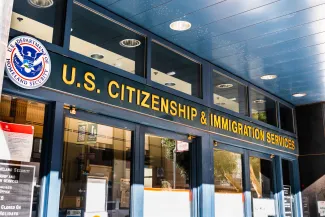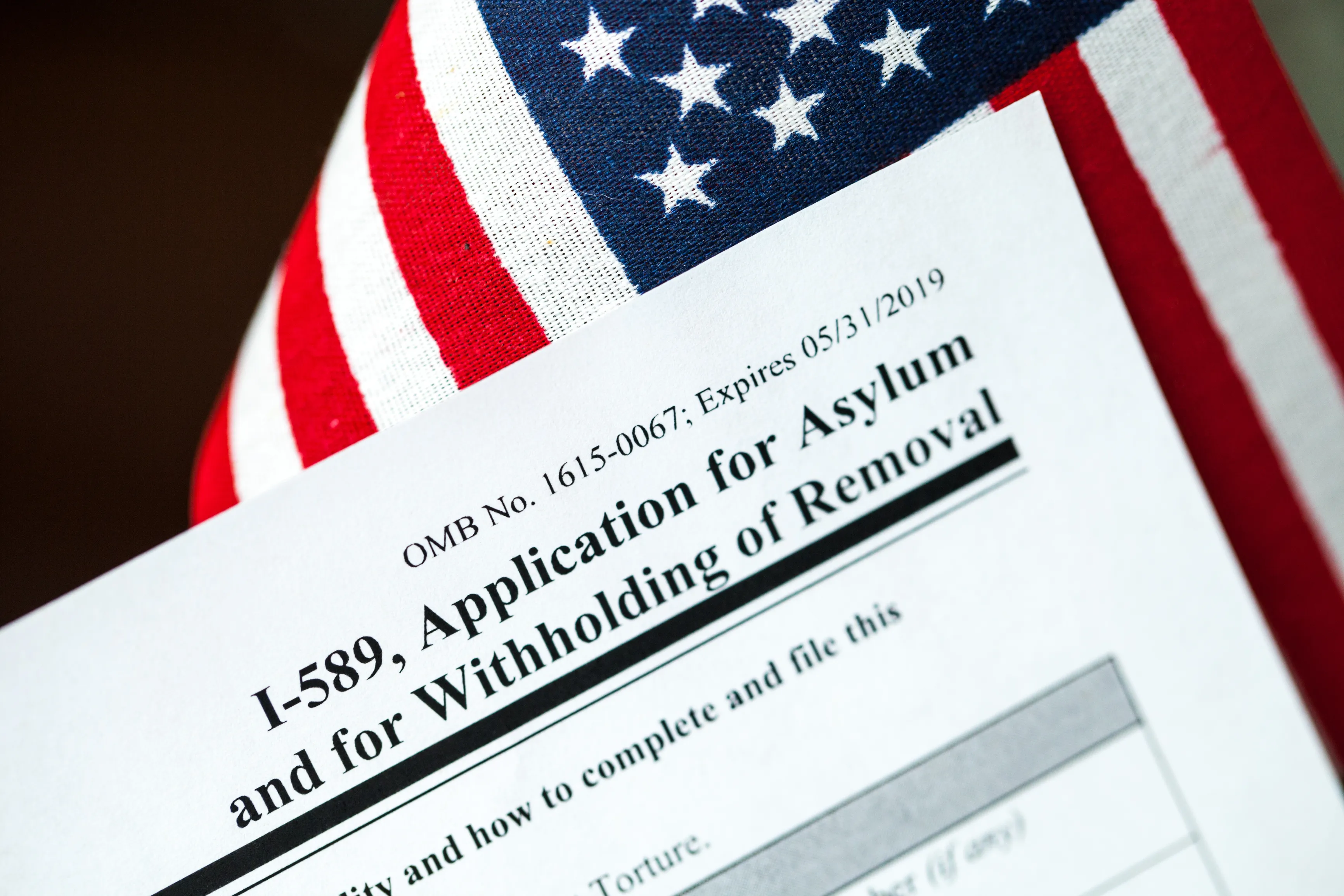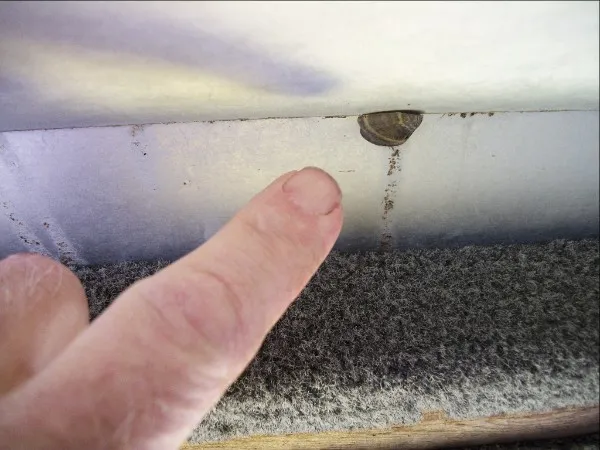
Denver judge hears testimony in challenge to Governor Polis’ ICE compliance policy
Witness testimony began in Denver District Court Monday in a whistleblower lawsuit over whether Governor Jared Polis broke state law by ordering state employees to produce information for a U.S. Immigration and Customs Enforcement subpoena.
During that testimony, a state official said that Polis’ office has not provided assurances to the state’s Department of Labor and Employment that it will investigate how federal authorities intend to use the requested data — for the child welfare purposes laid out in the subpoena or for immigration enforcement such as deportation.

© Sundry Photography - iStock-1189510256
Scott Moss, director of the state Division of Labor Standards and Statistics in CDLE, sued Polis, a Democrat, earlier this month over the governor’s direction to comply with the ICE subpoena. It sought personal information about people who house and care for unaccompanied immigrant children, known as sponsors. Sponsors are often family members who care for the children while they await deportation proceedings.
The April subpoena sought employer information, unemployment filings and Family and Medical Leave Insurance program records from the Colorado Department of Labor and Employment about 35 sponsors, with the stated goal of ensuring the children were properly cared for and weren’t being exploited.
The governor’s office decided in late May that it wanted CDLE to produce and deliver the information.
CDLE director Joe Barela testified he was not aware of any specific criminal investigation tied to the information sought by the ICE subpoena or evidence of children in danger.
“I don’t think there was evidence. I think that if there possibly could be a chance that these sponsors had children in their care that weren’t accounted for or could possibly be exploited or involved in trafficking, that we didn’t want to prevent an investigation from finding that out,” he said.
But Moss alleges that disclosure of that type of personal identifying information violates a 2021 state law that generally prohibits state employees from sharing personal identifying information for federal immigration enforcement unless it is part of a criminal investigation. That law was updated and expanded this year. It passed the Legislature and was signed into law as exchanges over the subpoena played out in the background.

The subpoena uses the language “criminal purposes” and is labeled as an “immigration enforcement subpoena.”
“That should have been rationale enough to stop and ask questions,” said Senator Julie Gonzales, a Denver Democrat who sponsored the 2021 and 2025 bills.
Polis’ lawyers contend that the subpoena was specific and pertained to potential human trafficking and a related criminal investigation, not immigration enforcement.
“Am I going to believe you or my own lying eyes? When I read that, it doesn’t say it’s for the purpose of a criminal investigation. This is posited as a welfare check,” District Judge A. Bruce Jones said in a back and forth with Polis attorney Thomas Rogers III.
Barela outlined a meeting in late May between him, members of the governor’s office and members of the attorney general’s office to deliberate whether to comply with the subpoena. He said the consensus following that meeting was that they would not be in violation of the 2021 state law if they handed over the requested information.
“I do think people were still uncertain, but I think they were reassured after that meeting that there was the attorney general and governor’s office supporting (us) and we were aligned in doing our job,” he said.
Polis’ lawyers have argued that Moss, as well as the two labor unions and nonprofit that have joined the lawsuit, does not have legal standing, because Moss did not have to comply with the order to produce the requested data and wouldn’t have faced repercussions. Barela testified that he could be the one to ask CDLE staff to get the information and that his conversations with Moss over legal concerns were in pursuit of a solution to run the 35 names through the department database.
“It’s very difficult to say ‘No’ when your direct supervisor, who is in charge of your hiring, firing and performance evaluations, asks you to do something. It’s a very intimidating environment, and we see employees retaliated against in a variety of ways,” said Diane Byrne, president of Colorado WINS, the union representing over 27,000 state workers.
Testimony will continue on Tuesday afternoon. Jones will then decide whether to block Polis’ directive to comply with the ICE subpoena.
















